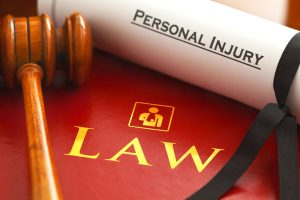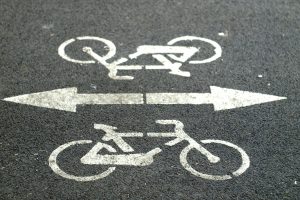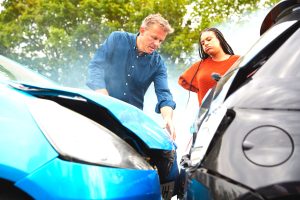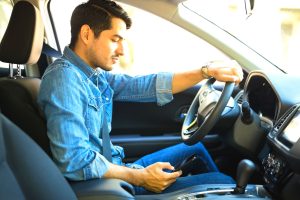 When it comes to pursuing financial compensation for motor vehicle crashes, those involving motorcycles are unique in several respects. But one thing that is the same whether we’re talking about a Florida motorcycle accident or a car accident is that you can still recover monetary damages even if you were partly to blame.
When it comes to pursuing financial compensation for motor vehicle crashes, those involving motorcycles are unique in several respects. But one thing that is the same whether we’re talking about a Florida motorcycle accident or a car accident is that you can still recover monetary damages even if you were partly to blame.
As our Palm Beach motorcycle accident lawyers can explain, it comes down to a legal doctrine called pure comparative fault (also sometimes referred to as pure comparative negligence or contributory fault).
Outlined in F.S. 768.81, the idea is basically that someone whose negligence causes injuries should only be financially responsible for their own percentage of fault. Lots of Florida crashes involve multiple negligent parties responsible by varying degrees for what happened. When there are multiple defendants, each one might be assigned only a portion of the blame – and they’re only liable to cover their fair share of the damages. If it’s the plaintiff who is partly to blame for the accident or exacerbating the injuries, their payout will be reduced in proportion to their own fault.
While lots of other states cut off the possibility of a payout if a plaintiff is somewhere between 49%-51% responsible for their own injuries, Florida (currently) doesn’t have any such rule (though state lawmakers have been considering enacting one at the behest of insurance lobbyists).
That means that if you’re injured in a South Florida motorcycle accident and it was 99% your fault, you can still collect 1% damages from the other at-fault party. Of course, that’s not an ideal outcome. Let’s say your damages were $100,000 and you can only collect 1% of damages. That’s only $1,000 – probably not worth the trouble of pursuing a claim. But this shows why the question of comparative fault is so fiercely contested in crash cases.
Florida Motorcycle Accident Statistics
South Florida has long been a popular destination for bikers, particularly with annual events like Bike Night Broward, Daytona Bike Week, Palm Beach Bike Week, etc. But the state has also historically had some of the highest rates of fatal motorcycle accidents in the country.
According to the Insurance Information Institute, motorcycle accident deaths are 29 times more common than those involving car occupants (when factoring vehicles miles driven). Motorcyclists just don’t have the same physical protection as others on the road, and they’re less likely to be seen and respected by other drivers. They’re also more susceptible to weather and road conditions, though the majority of fatal motorcycle crashes occur when the weather is reported as “clear.”
In 2020, nearly 5,600 people died in motorcycle crashes throughout the country, accounting for 14 percent of all motor vehicle deaths. In Florida, there were 550 motorcycle accident deaths reported in 2019. There are 590,000 registered motorcycles in Florida – not to mention that hundreds of thousands of tourists flock to the Sunshine State annually specifically for the great weather and long, flat stretches of open road.
According to an analysis by the U.S. Department of Transportation, motorcycle crash causation factors include:
- Roadway design or maintenance issues
- Unsafe acts by the motorcycle operator
- Other drivers operating too close to motorcycles
- Alcohol impairment (both in motorcyclists and other drivers)
- Motorcyclist inexperience
- Other drivers’ inattention (70 percent involved an inadequate visual “traffic scan” by the other driver)
Special Considerations for Florida Motorcycle Injury Claims
Continue reading

 South Florida Injury Lawyer Blog
South Florida Injury Lawyer Blog







 When it comes to pursuing financial compensation for motor vehicle crashes, those involving motorcycles are unique in several respects. But one thing that is the same whether we’re talking about a Florida motorcycle accident or a car accident is that you can still recover monetary damages even if you were partly to blame.
When it comes to pursuing financial compensation for motor vehicle crashes, those involving motorcycles are unique in several respects. But one thing that is the same whether we’re talking about a Florida motorcycle accident or a car accident is that you can still recover monetary damages even if you were partly to blame.

